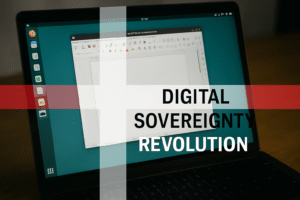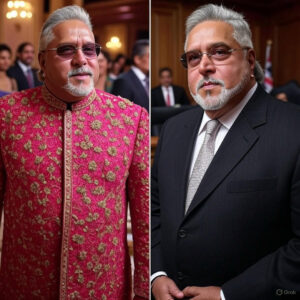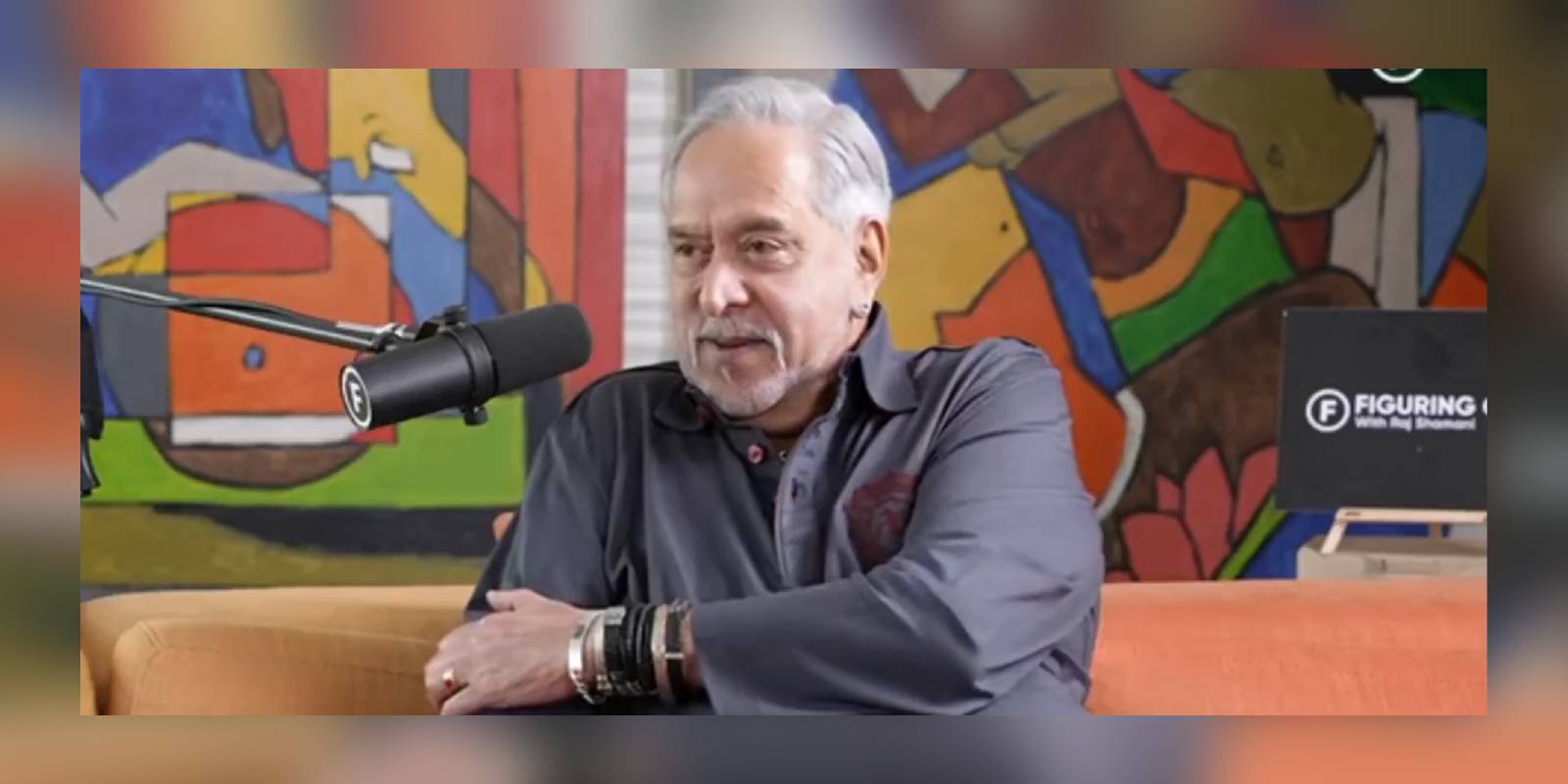Table of Contents
Toggle🧠 Introduction: The Role of Apologies in Leadership
In the corporate world, apologies aren’t signs of weakness—they’re strategic acts of leadership. When made with sincerity and clarity, they become tools of trust rebuilding, accountability, and emotional intelligence. Few expected Vijay Mallya, the flamboyant tycoon behind Kingfisher Airlines, to express regret. But in a rare move during a podcast with Raj Shamani, he did.
This article breaks down the Vijay Mallya public apology, its context, and what modern businesses can learn about accountability and image restoration.
🗣️ Mallya’s Apology: Context and Sincerity
During the Raj Shamani’s podcast with Mallya addressed his critics with a rare show of emotion.
“If my business failure has caused hurt to people, especially employees—I am truly sorry for that.”
It was an apology wrapped in pain and defiance. He claimed to have tried settling dues, invested ₹3,000 crore of his own money, and been vilified by media without trial. Yet this was the first time he acknowledged emotional consequences beyond financial fallout.
The timing—over a decade since Kingfisher’s collapse—raises questions. Was it damage control? Or genuine remorse?
👥 Impact: How the Apology Affected Public and Employees
The apology triggered mixed reactions:
Employees: Some welcomed closure. Others felt it was “too little, too late.”
Public: Polarized. Many questioned why he didn’t express remorse earlier.
Investors: Saw it as an attempt to reshape his narrative amid extradition delays.
In an era where public trust can be restored with transparency, this apology may not change his legal standing, but it affects how history remembers him.
📉 Corporate Accountability: Why Owning Up Matters
Business collapses aren’t rare. But public apologies by top executives? Extremely rare.
Accountability in leadership means:
Acknowledging failures publicly
Accepting moral and social responsibility
Taking steps to repair trust
Mallya’s case shows how delaying apology worsens legacy damage. Had he done this in 2012, perhaps the media trial wouldn’t have been as brutal.
📉 Corporate Accountability: Why Owning Up Matters
Business collapses aren’t rare. But public apologies by top executives? Extremely rare.
Accountability in leadership means:
Acknowledging failures publicly
Accepting moral and social responsibility
Taking steps to repair trust
Mallya’s case shows how delaying apology worsens legacy damage. Had he done this in 2012, perhaps the media trial wouldn’t have been as brutal.
✅ Conclusion: Building Trust Through Accountability
Mallya’s apology came late, but it mattered. It showed that even those cast out by public perception can attempt redemption through humility. For startup founders, CEOs, and public figures, here’s the bottom line:
In business, a genuine apology may cost nothing, but silence can cost your legacy.
FAQ Section
1. What did Vijay Mallya apologize for?
He expressed regret for the pain caused to employees and stakeholders due to Kingfisher’s failure.
2. Was his apology considered sincere?
Opinions vary—some saw it as honest, others as strategic PR.
3. Why is an apology important in business leadership?
It reflects accountability and can help rebuild trust with employees and investors.
4. Did Mallya’s apology affect legal proceedings?
No. It had no bearing on court or extradition matters.
5. How did the public respond to his apology?
Mixed responses—supporters praised it, critics called it delayed damage control.
6. Are corporate apologies common?
Not often. Most business leaders avoid direct apologies to limit liability.
7. What makes a good public apology?
Timeliness, sincerity, clear acceptance of fault, and corrective actions.
8. Can public apologies help restore brand value?
Yes, if paired with genuine reform and openness.
9. Why didn’t Mallya apologize earlier?
He states he was vilified unfairly and wanted to explain himself first.
10. What can entrepreneurs learn from this?
Don’t let ego delay the act of saying “I’m sorry”—it can humanize leadership.

Jugaad on Two Wheels: The Hilarious Bike Parcel Hack in Karnataka
The Great Karnataka Bike Parcel Hack: A Jugaad Masterclass #RapidoParcel: In a creative yet controversial move, ride-hailing platform Rapido has found a way around Karnataka’s

Denmark’s Digital Sovereignty Revolution: Linux and LibreOffice Lead the Way
Introduction to Denmark’s Bold Move In June 2025, Denmark’s Ministry of Digital Affairs made headlines by embracing digital sovereignty, ditching Microsoft Windows and Office 365

🏏Sports as a Business Strategy: Insights from Vijay Mallya’s RCB Ownership
🧠 Sports as a Business Strategy (Tool) In modern business, few platforms offer better engagement and emotional connection than sports. From football clubs in Europe

🙏 Apologies in Leadership: Vijay Mallya Public Apology
🧠 Introduction: The Role of Apologies in Leadership In the corporate world, apologies aren’t signs of weakness—they’re strategic acts of leadership. When made with sincerity

Audiobook Production Costs: Navigating Recording Artists, Studio Expenses, and AI’s Impact
The audiobook industry is booming, with over 130 million listeners in the U.S. alone in 2021 and a growing global appetite for audio content. Producing

Media Trial of Vijay Mallya: How Public Perception Shaped Vijay Mallya’s Legacy
Introduction: Media’s Influence on Business Narratives In today’s hyper-connected world, media narratives can make or break a business reputation. For Vijay Mallya, once known as

